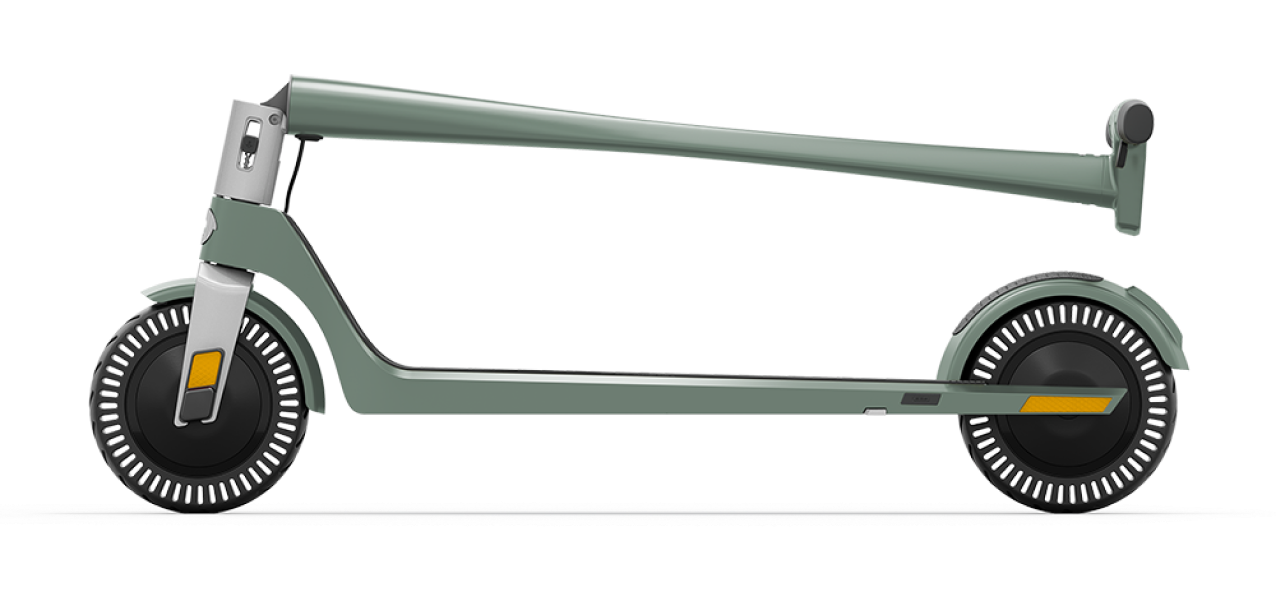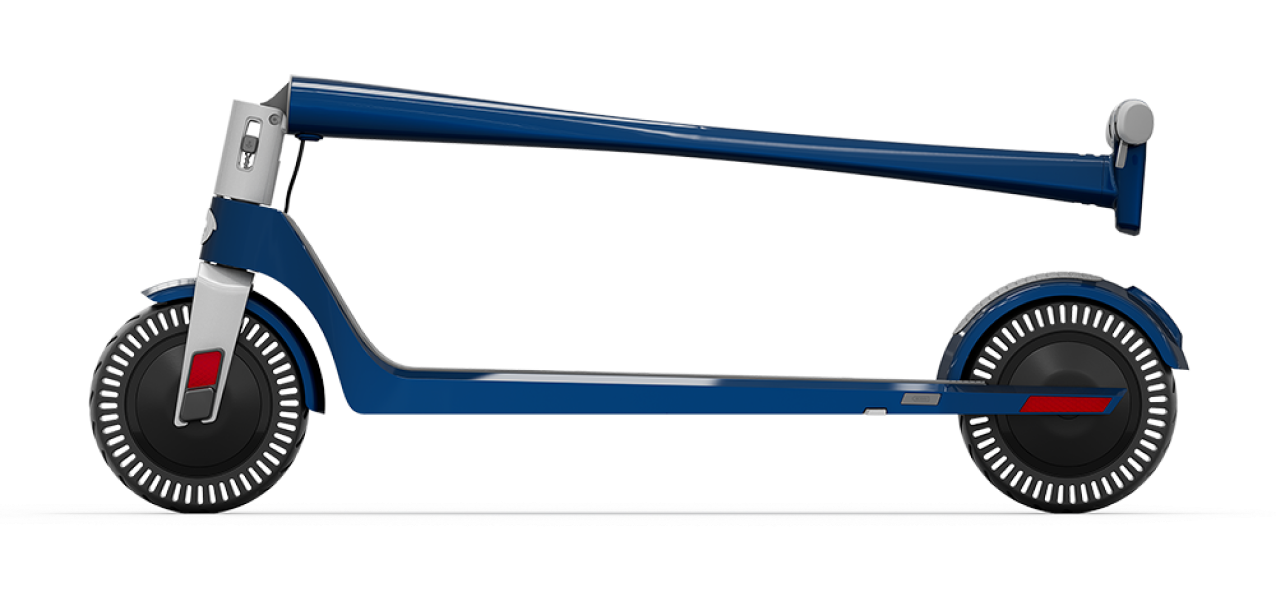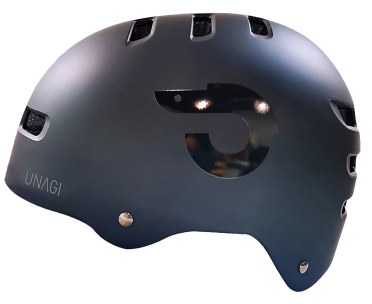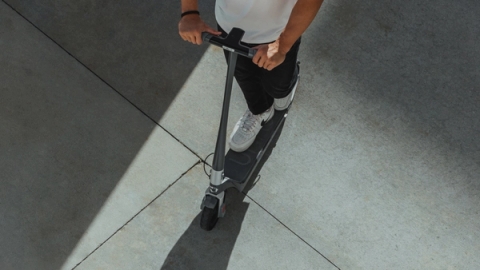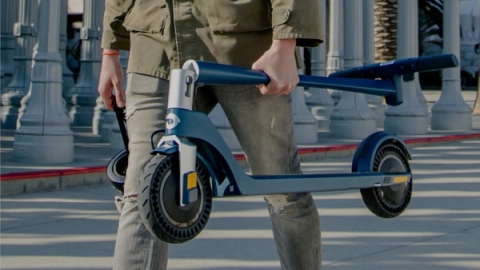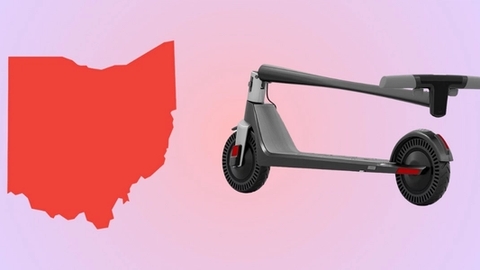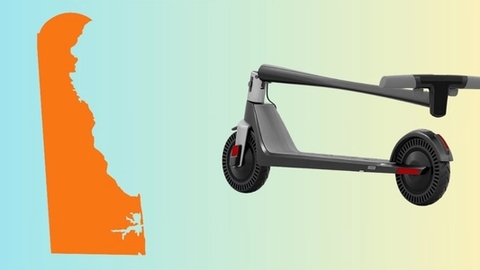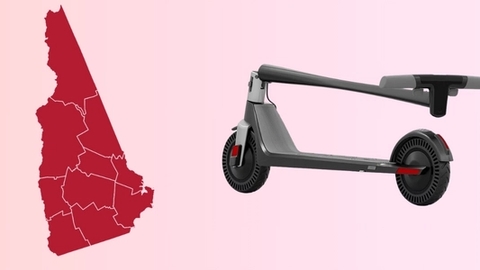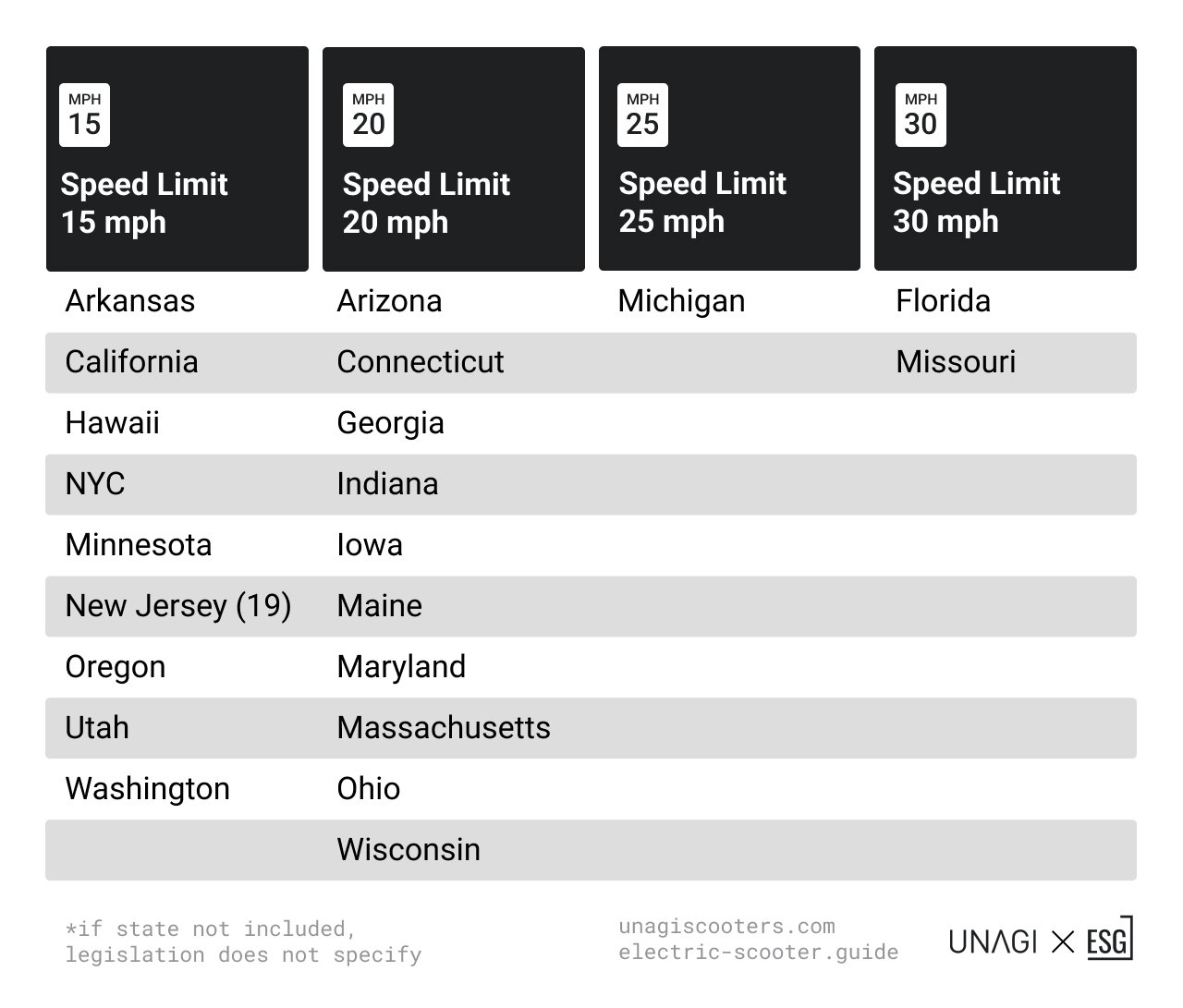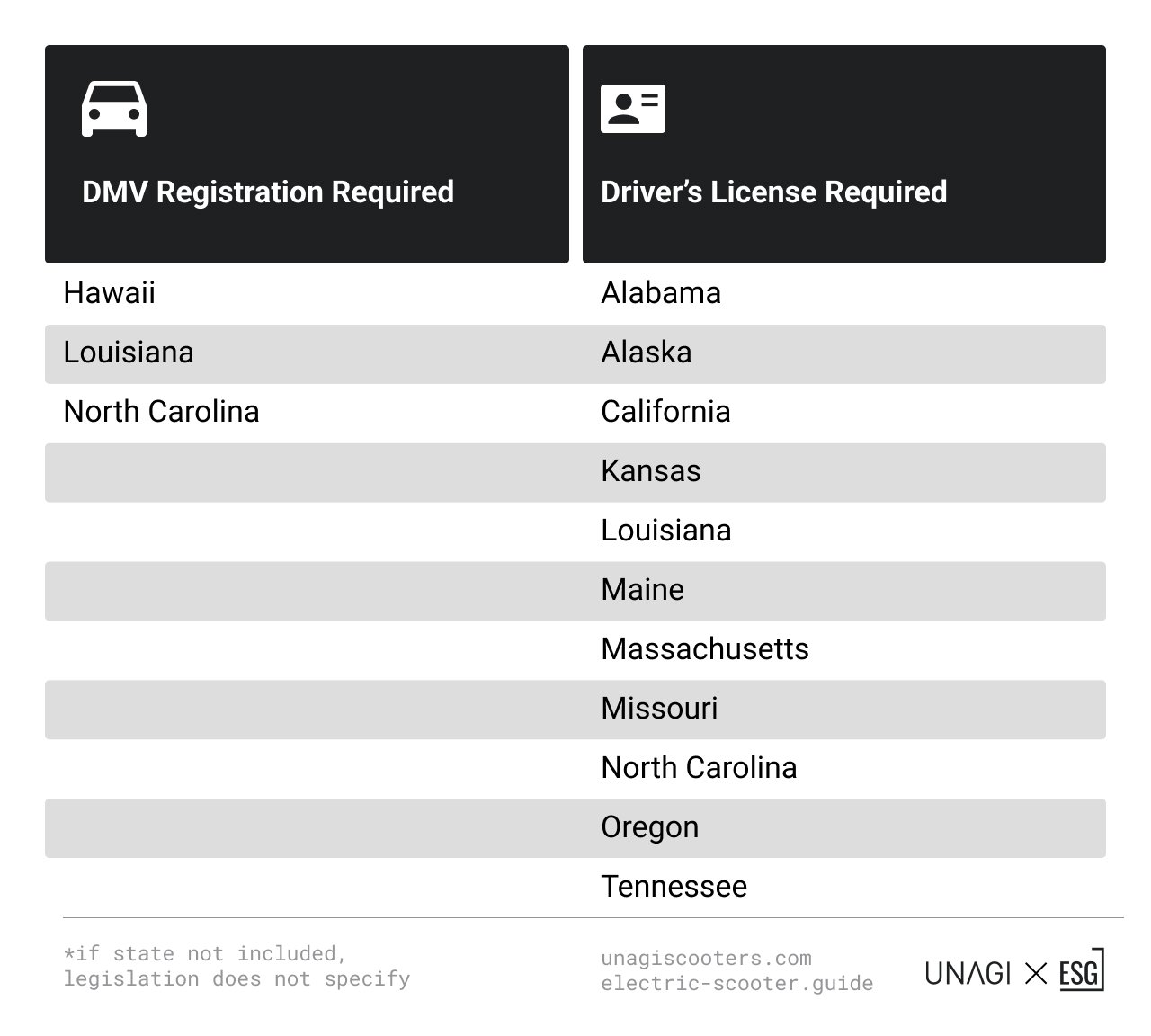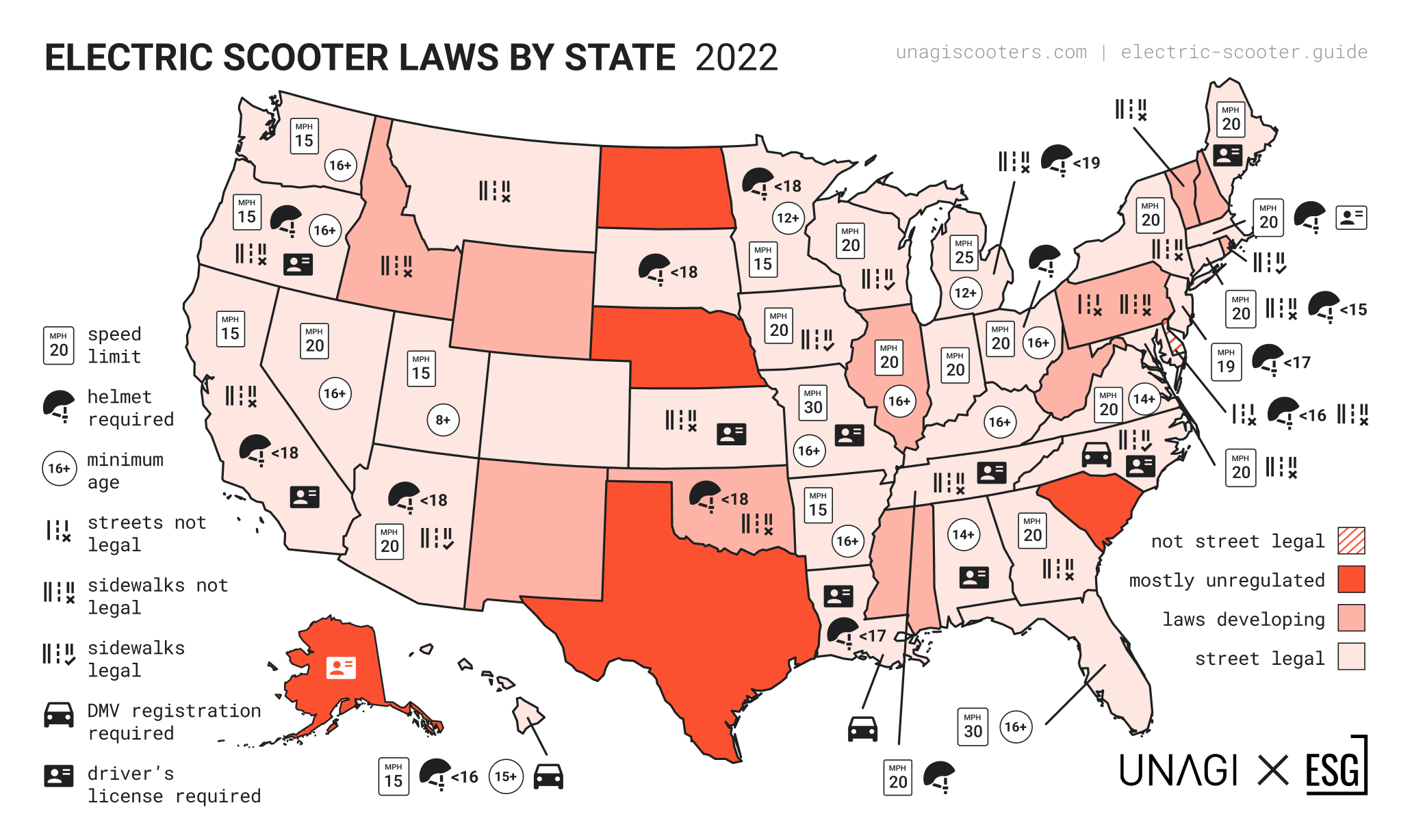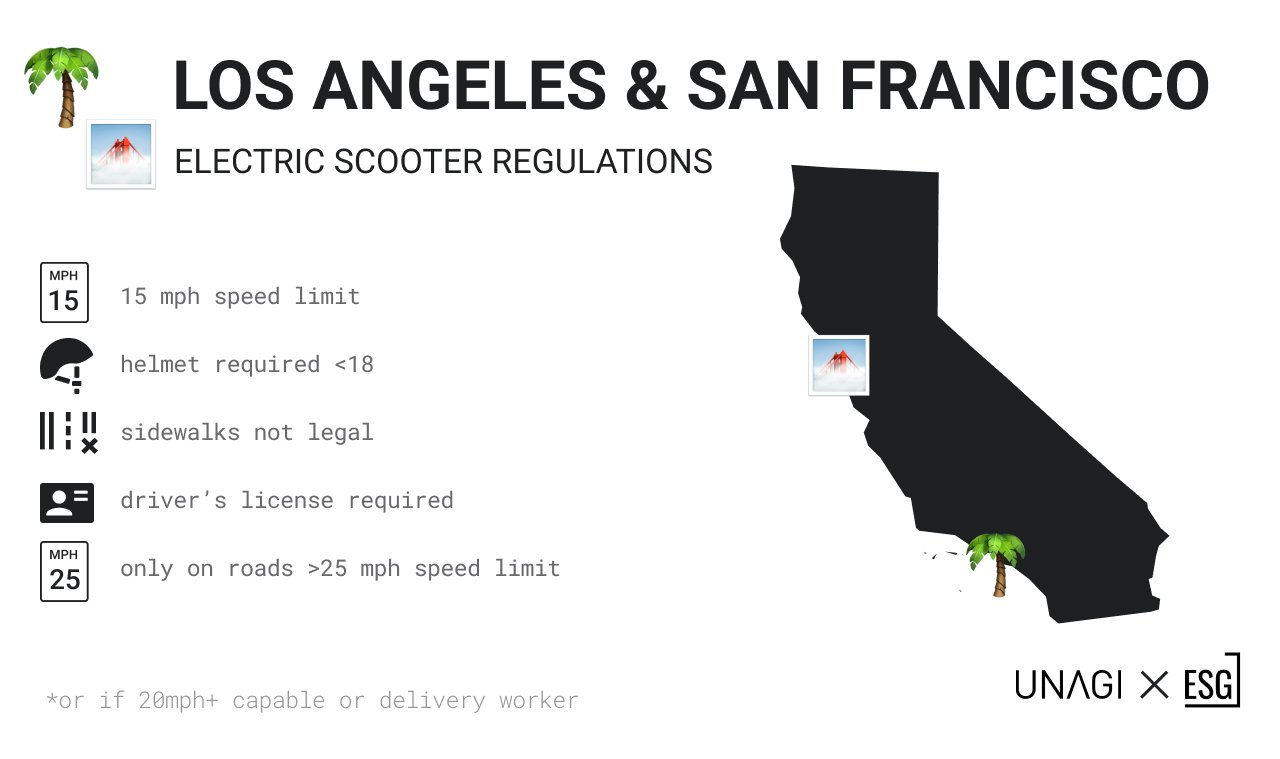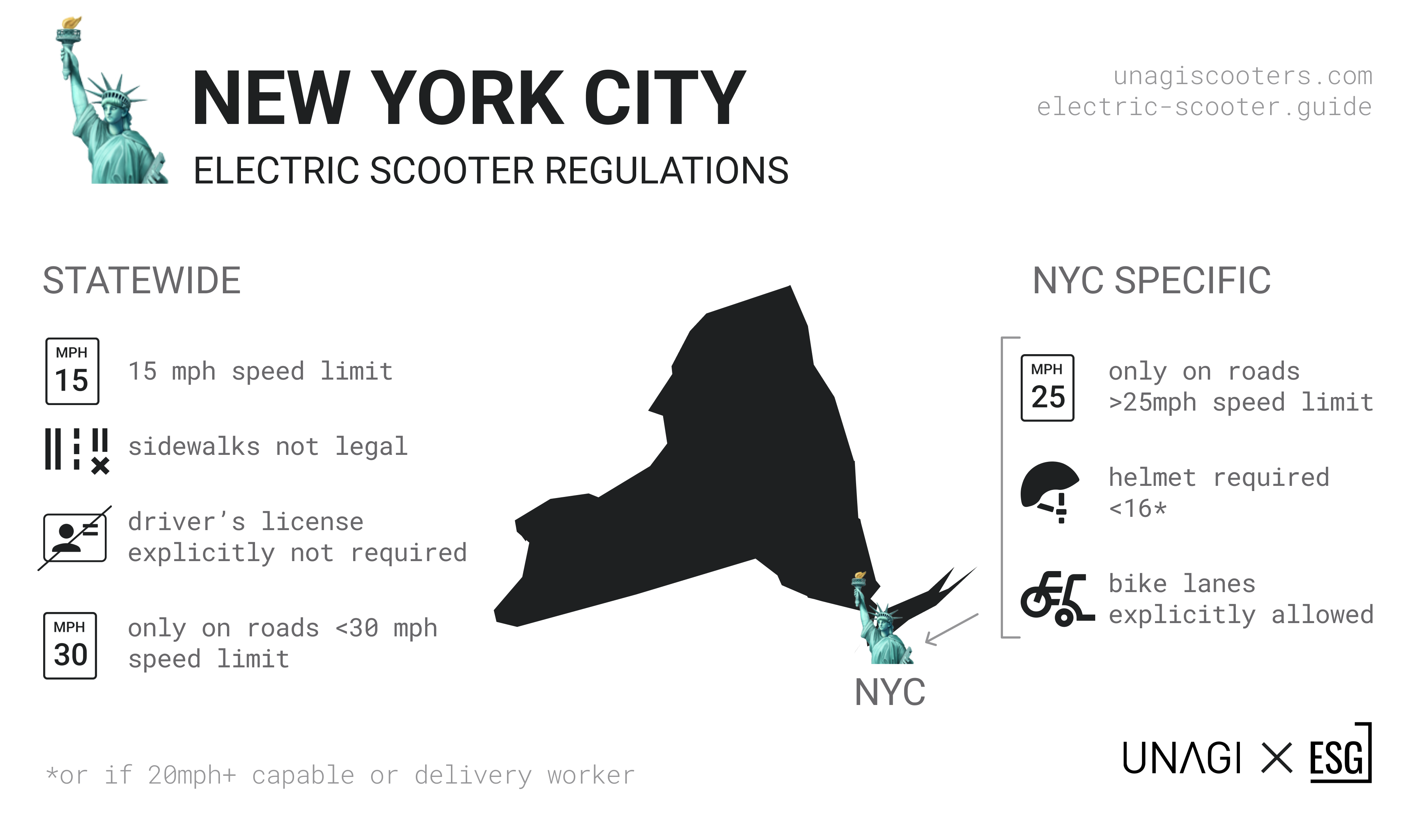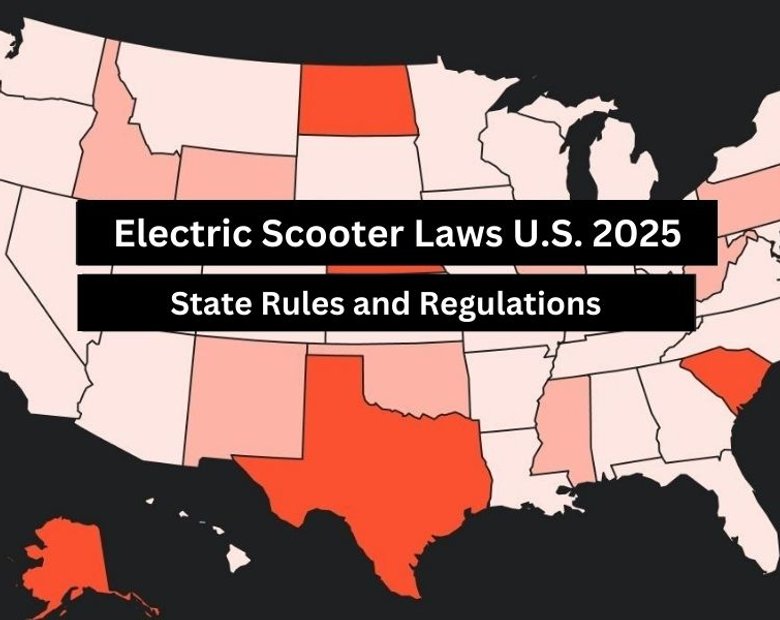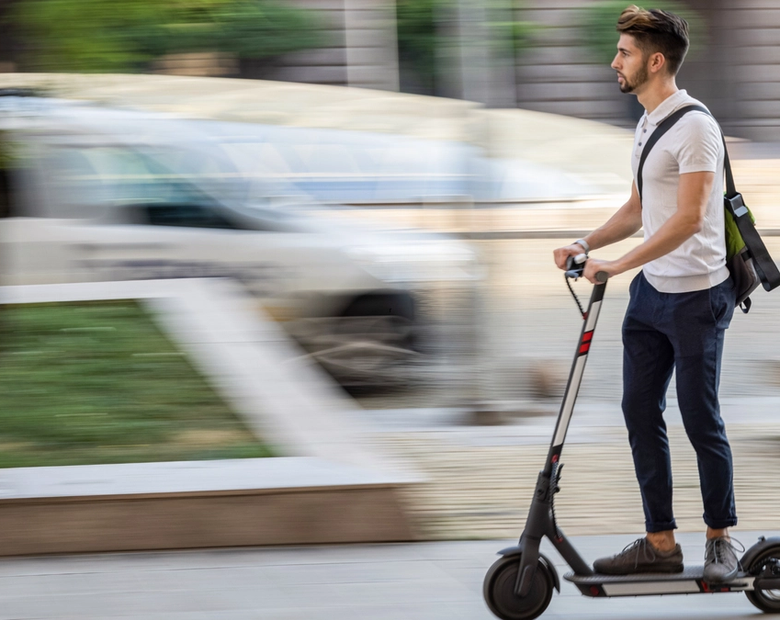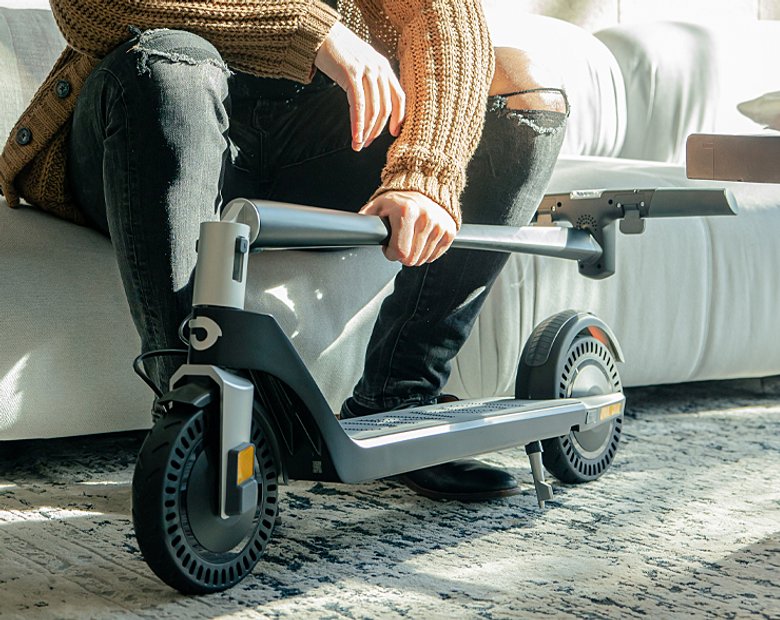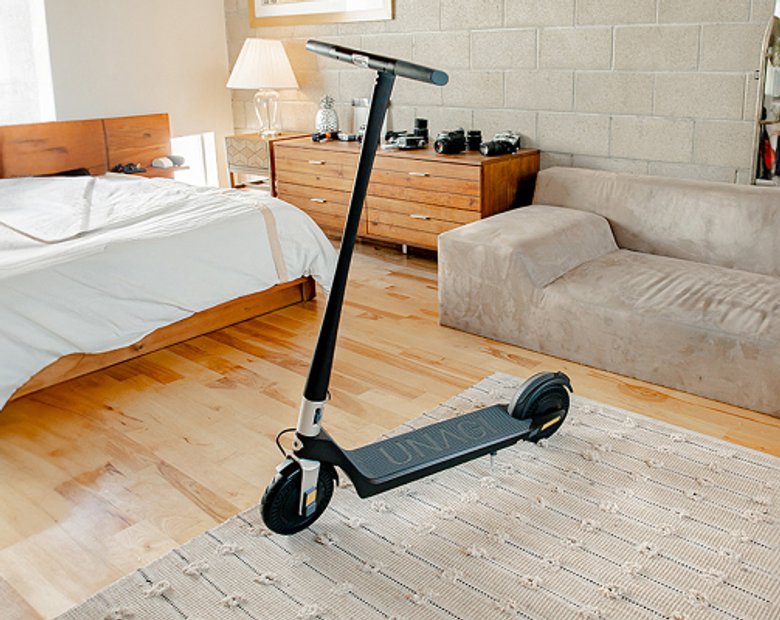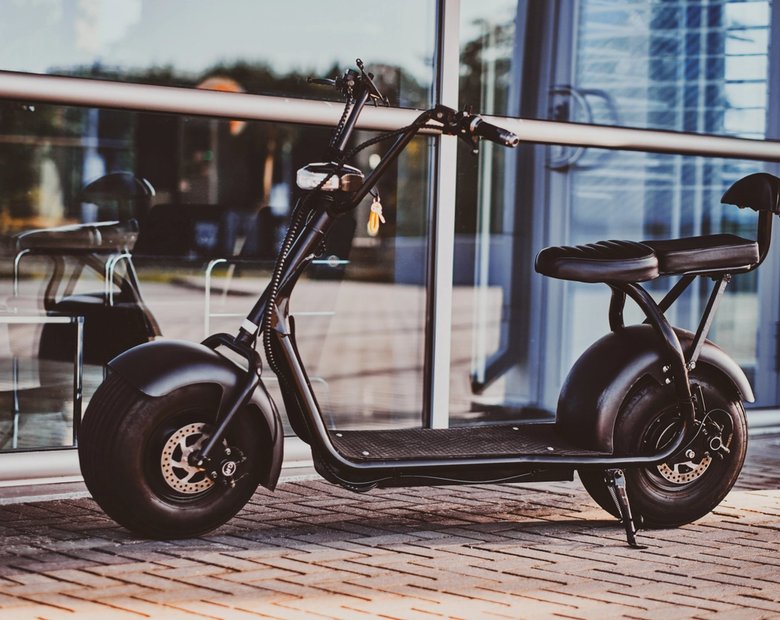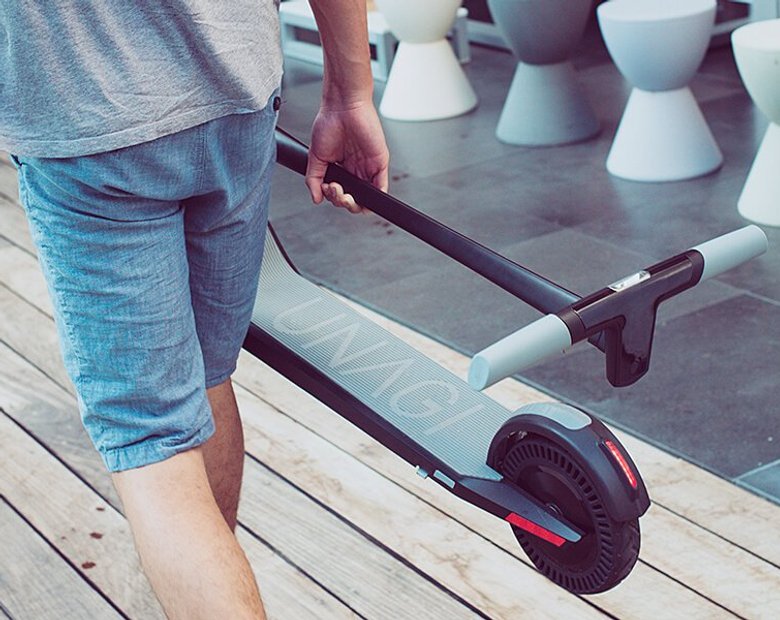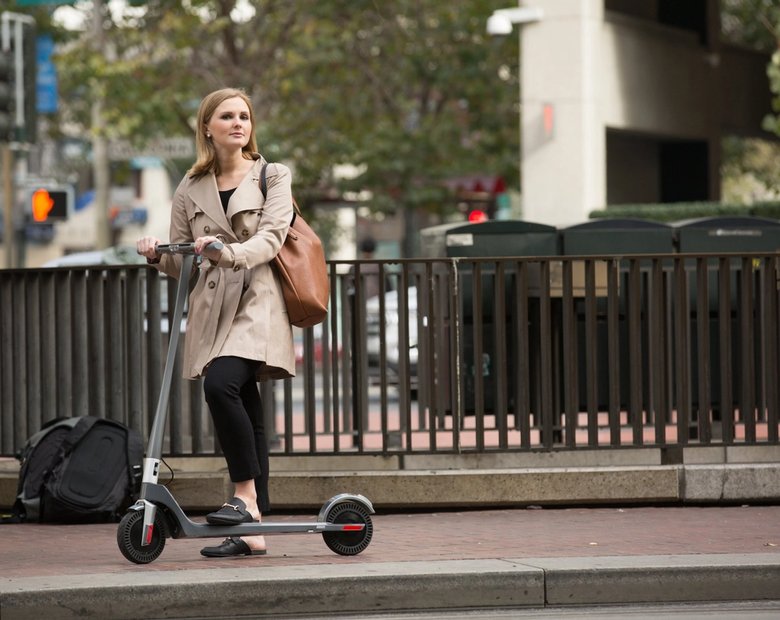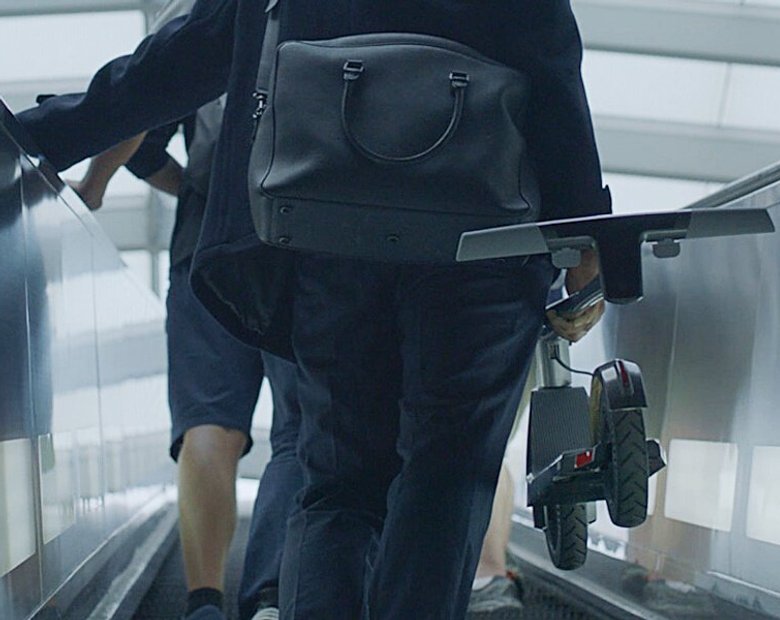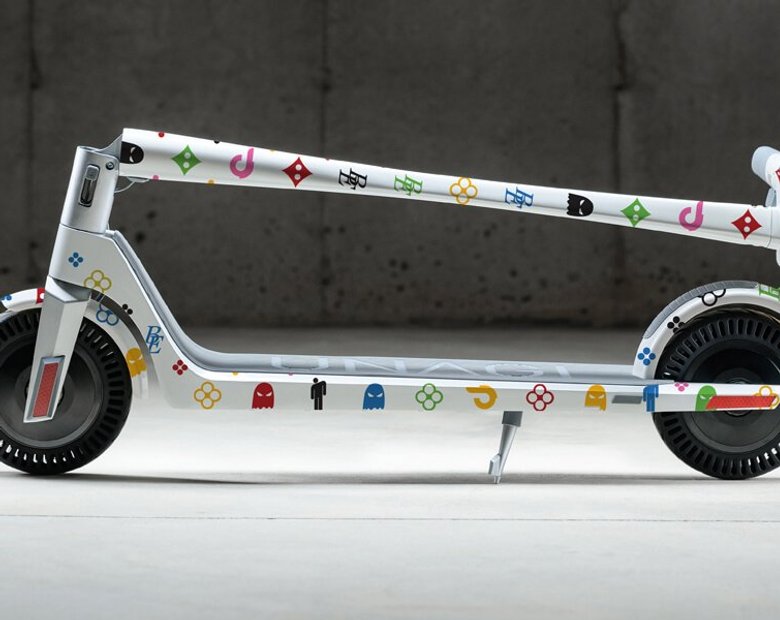California
California legalized and regulated electric scooters through Vehicle Code § 21235 in Jan, 2019. Riders must have a valid driver's license, but do not need to register their scooter with the DMV. Electric scooters are not allowed to go over 15 MPH on any public road or bike lane, and they must stay on slower streets with speed limits of 25 MPH or lower. Scooters are not allowed on sidewalks. Helmets are required for riders under the age of 18.
California is both the birthplace of shared scooters (Bird in Santa Monica in Sept 2017) and the tension beginning in March 2018 with the San Francisco launches of Bird, Lime, and Spin without government permission—setting a trend for the shared scooter industry. The events of the following years ultimately gave scooters a bad reputation, while also familiarizing many hundreds of millions of people globally with the possibility and potential of lightweight electric vehicles.
Colorado
Colorado permits electric scooters on streets with speed limits of 30mph or less. If this isn't an option, electric scooters may operate on the sidewalk, traveling at a speed of 6mph or less. Scooter riders must obey the same rules of the road as a bicycle, including “no ride/no parking areas."
Connecticut
Connecticut passed electric scooter laws in 2019, and they are very similar to bike laws. Helmets are required for riders under the age of 16. Scooters are not allowed on sidewalks and must not surpass a speed of 20 mph.
Delaware
In Delaware, electric scooters are regulated in the same category as "motorized skateboards" and are not allowed on "highways, streets, or sidewalks," according to Delaware’s Title 21 Ch. 41 Sc 12 Provision 4198N. This generally means that the more high-traffic the road, the more likely you are to run into trouble. Not all laws are enforced, especially in emerging legal gray areas, so you will have to use your discretion as well as seek to understand your specific local situation. Helmets must be worn by riders under the age of 16.
District of Columbia / Washington D.C.
In October 2020, DC passed new legislation to regulate and define electric scooters. DC law 50–2201.02 defines scooters as a “personal mobility device” or “PMD”—"a motorized propulsion device designed to transport one person or a self-balancing, two non-tandem wheeled device [i.e. a Segway], designed to transport only one person…but does not include a battery-operated wheelchair.
50–2201.04a states that scooters are not considered motor vehicles (i.e. cars and motorcycles) under DC law, so a license, registration, and insurance are not required. There is, however, a minimum rider age of 16. Helmets are not required, and scooters cannot be ridden on sidewalks in the central business district. Although no US state has a speed limit lower than 15 mph, DC currently has a speed limit of 10 mph. This regulation was created with shared scooters in mind, but at the moment still affects privately-owned scooters. Another regulation unique to DC is that riders cannot wear headphones.
Regulations that only affect shared scooters include helmets for those under 18 and all vehicles being locked to racks or poles.
Florida
Florida governor Ron DeSantis legalized statewide electric scooter use in 2019. Riders must be 16 years old, but are not required to have a driver's license. Scooters are permitted to operate in bike lanes and must follow road rules pertaining to bikes as well. The bill allowed individual cities to regulate scooter programs, but personal scooter ownership cannot be bound by individual cities' decisions. Scooters must not exceed a maximum speed of 30 mph, although attorney Matt Dolman notes that, "Florida law basically gives scooters that cannot exceed 15 miles per hour [in particular] the same status as bicycles."
Georgia
The state of Georgia allows its residents to operate electric scooters on bike paths and bike lanes, and on roads with a speed limit of 35 mph or less if these are not available. Scooters cannot be ridden on the sidewalk. Scooters must weigh less than 100 pounds and have a maximum speed of 20 mph.
Beyond this, Georgia has stated that it will leave more specific electric scooter laws to cities/localities, saying “[we don't] want to overregulate the industry...we want to encourage more development of this kind of technology.”
Hawaii
In 2021, Hawaii passed House Bill 72, designating electric scooters as vehicles allowed on roadways, bike paths, and sidewalks. Riders must be over the age of 15 and wear a helmet under the age of 16. Scooters must be equipped with lights for use at night, weigh less than 75 pounds, and not exceed speeds of 15 mph.
Hawaii State Sen. Chris Lee, who chairs the state legislature’s Transportation Committee, forecasts new infrastructure in cities like Waikiki to make electric scooter riders safer on the roads. “We have hundreds of millions of dollars in funding for infrastructure upgrades,” he says. “So, we want to push the city, we want to push the state… to build these safer ways for people to get around without having to ride next to cars, without pedestrians having to dodge and focus on scooters.”
Idaho
Boise and the state of Idaho don't require helmets for electric scooters or bicyclists. In Boise, they are allowed on streets, sidewalks, and the Greenbelt. Despite the city of Boise's clearly outlined rules, the state of Idaho does not have legislation specifically concerning the use of electric scooters. State law classifies e-scooters along with various “motorized toys” and prohibits them from public sidewalks and roadways except where local law enforcement allows.
Illinois
Illinois introduced bill HB1590 in 2019, naming "low speed electric scooters" as its own class of vehicle which shall abide by the same rules of the road as bicycles. Riders under the age of 17 must have a valid driver's license to ride, and scooters must have front and rear lights to ride at night. The bill has yet to be signed into law, which means that scooters are technically unregulated at the state level at the present time.
Indiana
Indiana enacted new legislation that specifically addresses electric scooters in July 2019. The law outlines that scooters must weigh less than 100 pounds and have a maximum speed of 20 mph. E-scooters that meet these criteria have all the same rights and responsibilities as a bicycle. You can ride them in the street and on bike paths, and you don't need insurance or a license to ride one. They're also not legally considered motor vehicles (i.e. cars/motorcycles/etc).
Iowa
House Bill 500, put into law to update the 2019 Iowa Code section 321.1, amends the laws relating to e-scooters. The bill authorizes a person to operate an electric scooter on highways with a speed limit of 35 miles per hour or less, bikeways, and sidewalks. They can be parked anywhere that bikes are parked, as long as they are not impeding the pedestrian right of way. Since they share many regulations applied to bicycles, there is no requirement for license or insurance. E-scooters must have a white front light and a rear red light. Alternatively, a red rear reflector can be used in lieu of rear red light.
Kansas
Kansas has legalized electric scooters at the state level on roadways. Riders may not operate bikes or electric scooters on sidewalks or highways. Helmets are not required. Only riders with valid driver’s licenses may operate electric scooters, and scooters must be equipped with front and rear lights at night.
Kentucky
In March 2019, House Bill 258 was signed into Kentucky law. It sets operating standards for electric scooters and allows them to operate like bicycles on public streets. This means you are not required to register them with the state, purchase insurance, or hold a driver’s license. E-scooters may be operated by a person 16 years of age and older. By law, an e-scooter must be equipped with a front white light and a rear red light to maximize visibility.
Louisiana
Louisiana legalized electric scooters at the state-level in 2019. According to the DMV, Louisiana allows electric, low-speed scooters to operate on sidewalks, bicycle paths, and streets with posted speed limits of 25 mph or less. Only one person is allowed on the scooter at a time. Helmets must be worn by those under the age of 17.
Maine
Electric scooters are legal in Maine at the state level. However, the specific laws applied to electric scooters have been re-applied from other classifications, such as mopeds.
Electric scooters are not permitted to be operated faster than 20 mph. When riding at night, a scooter must be equipped with a front white light and a red or amber rear light, as well as reflectors. Wheels must not exceed 10" in diameter and maximum power is capped at 750 watts. A license is required, but every class will suffice.
Maryland
In 2019, Maryland’s state legislature legalized electric scooters and passed a bill (SB770), designating stand-up scooters as their own class of vehicle. The bill established that an electric low-speed scooter is considered to be a bicycle for the purposes of the Maryland Vehicle Law. Scooters must have a maximum speed of 20 mph.
Massachusetts
Electric scooters are legal in Massachusetts at the state level. In absence of fner regulation, they are grouped with motorized scooters (i.e. mopeds). This requires electric scooter riders to wear a helmet, yield to pedestrians, and provide an audible signal when passing. A driver's license is required, and they are allowed a max speed of 20 mph.
Michigan
Electric scooters were made legal in Michigan under Section 257.660 and classified in the same category as electric skateboards. They can only transport one person at a time, and they cannot have a motor greater than 2,500W (electric scooters are typically 250-500W) or max speed greater than 25 mph. Scooters are only allowed on streets with speed limits of less than 25 mph. Scooters may not pass other vehicles between lanes of traffic, and they require a white front light visible from 500 feet away and a rear reflector visible from 600 feet away.
Minnesota
Electric scooters are legal in Minnesota and are categorized as "motorized foot scooters," on which riders can stand or sit. Scooters should have handlebars, be powered by an electric motor or internal combustion engine, have wheels no larger than 12 inches in diameter, and have a max speed of no more than 15 mph. Riders must be at least 12 years old, and helmets are required for those under the age of 18.
Riding on sidewalks is not allowed. An electric scooter must be equipped with a headlight and tail light for visibility in low-light conditions. Scooters are allowed on bike paths and trails that are not reserved for the exclusive use of non-motorized traffic, but local authorities can enact specific regulations.
Mississippi
Mississippi has no statewide laws regarding electric scooters, so jurisdiction goes to the cities and local municipalities. A bill (HB1410) was introduced in 2020, but the bill failed to pass. Despite this, shared scooter company Blue Duck began a small pilot in Vicksburg in late 2020.

